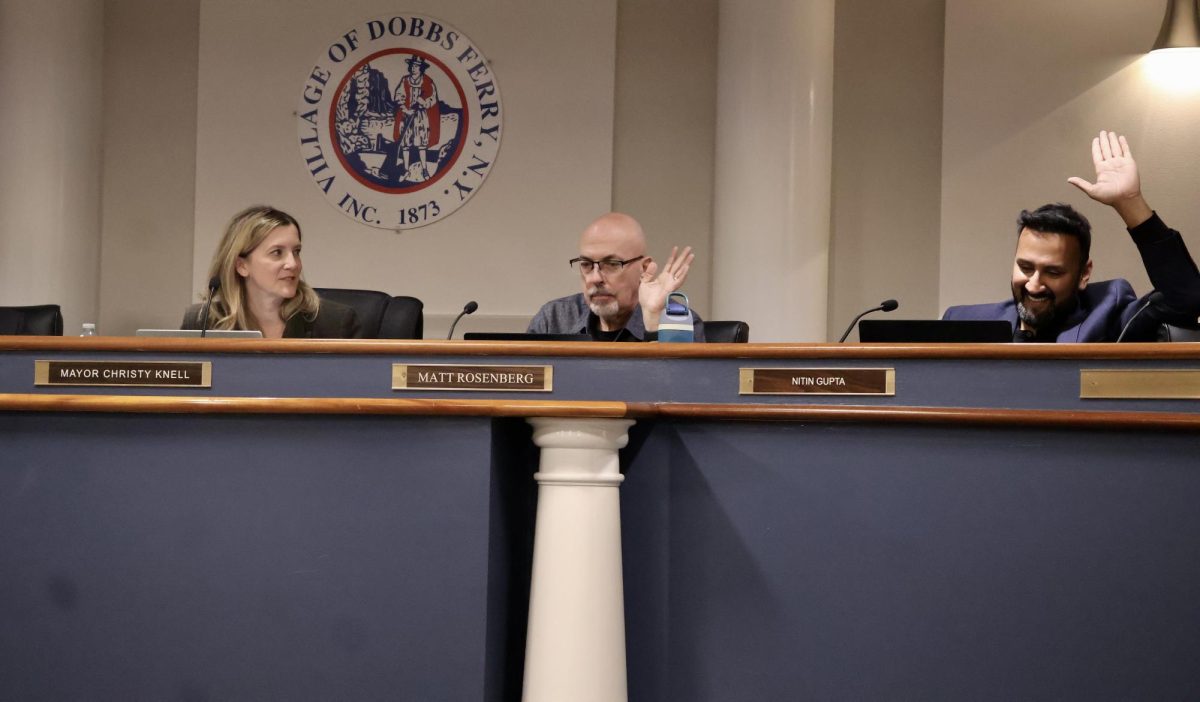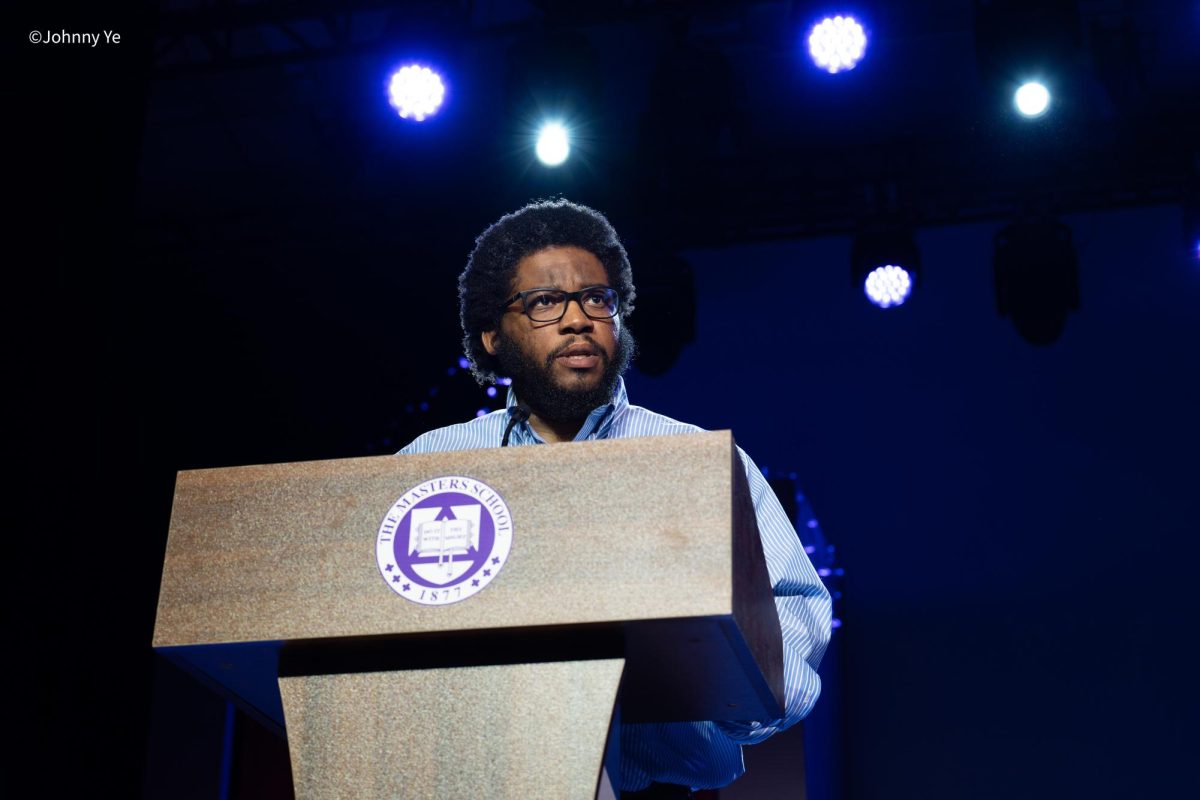In the ever-changing educational landscape, a persistent question still remains: Should students be allowed to retake tests? At Masters, this issue has sparked varying responses. The math and science departments are at the forefront of addressing this challenge as they aim to balance fairness, academic rigor, and student well-being.
The Math Department’s Retake Policy
Currently, the math department offers one retake per assessment. According to Head of the Math Department, Marianne van Brummelen, “We moved to a standardized retake policy across the department to create greater alignment across multi-sectional courses.” The existing policy holds that 80% of the overall assessment score is derived from the grade on the retake, while the initial assessment grade makes up the remaining 20%.
She emphasizes the ongoing nature of this discussion at Masters, stating, “We revisit [the policy annually] as a department, [asking] ‘How is this working for us?’ ‘How is this working for the students?’ ‘Do we want to keep this policy?’”
A primary driver behind the current policy is simply academic success. This became particularly evident after adopting a corrections policy during the virtual and hybrid learning years. “One of the things that we were noticing is — despite doing corrections, and even writing reflections and what they learned — we weren’t seeing students retain that into the next unit,” van Brummelen said. Additionally, the policy seeks to provide a tangible opportunity for academic improvement, “The retake policy with the 80%/20% split means the student who really struggled can actually do significantly better on the retake. Often, the way corrections work, it’s only a quarter of points back,” she detailed.
The Science Department’s Retake Policy
Conversely, the science department’s policy is less fixed. According to Head of the Science Department, Dr. Dana McNamee, “We, as a department, want to give teachers the autonomy to decide what they feel is best.” Still, she clarified that, in practice, “Most classes offer [retakes] in some way, shape or form.”
The primary philosophy behind the absence of a department-wide policy is due to the diverse range of courses in the science department. McNamee explained, “We’re so diverse. From, like, ninth-grade biology to AP Physics — they’re not even the same language.”
Instead, each subject develops its own personalized policy tailored to its own curricula. She said, “Overall, chemistry as a team does their retake policy, biology as a team does their retake policy… in fact, the chemistry team is now doing retakes in the same model as math, where the retakes are worth 80%.”
Similar to the math department, McNamee highlights the ever-changing nature of the department’s philosophy on retakes, “The faculty has been reading different books that address how to grade, and one of them is ‘Grading for Equity,’ and they talk a lot about retaking for mastery.”
McNamee details the issues of implementing a department-wide retake policy, “It’s all in the effort to try to address student wellness and well-being because grades are so stressful, but we’re also trying to allow students to demonstrate their mastery of the content.” One issue she addressed is grade inflation. Grade inflation is the primary concern of assessment retakes as policies allowing students multiple opportunities to improve their scores can result in higher overall grades, making it harder to distinguish between different levels of student achievement.
To provide a visual perspective on this issue, the attached graph at the top of this article compares grade distributions in the Masters School’s science department between two periods: 2013-2016 and 2020-2023.








